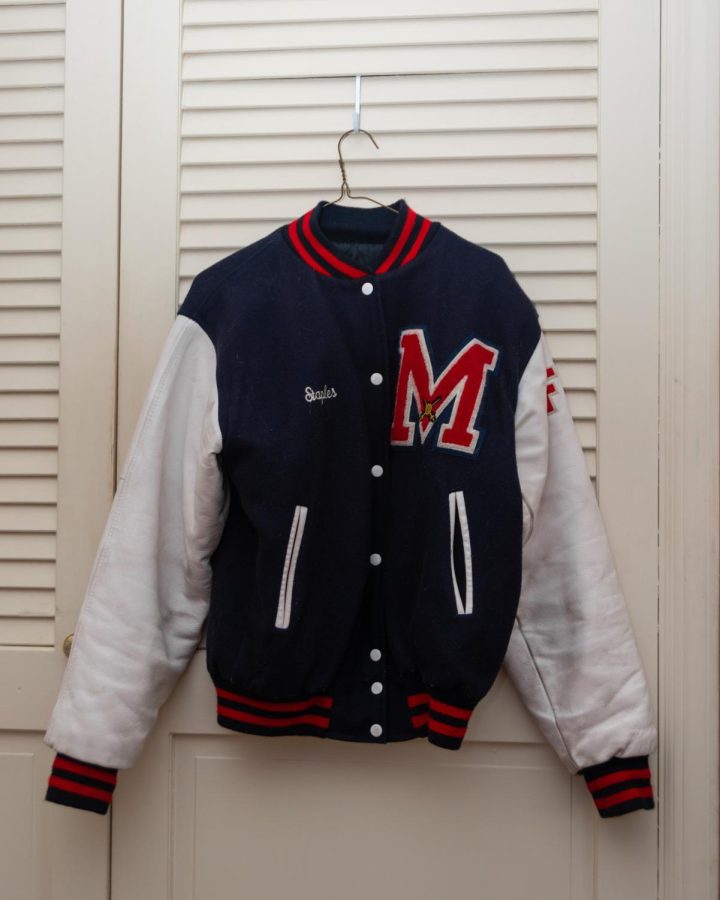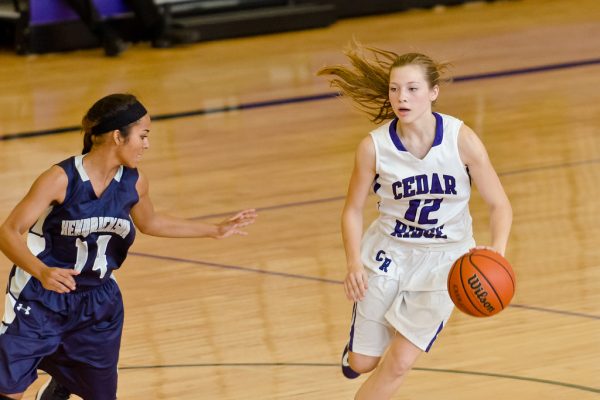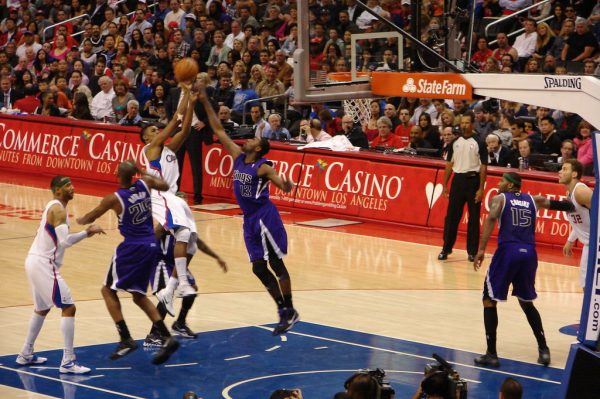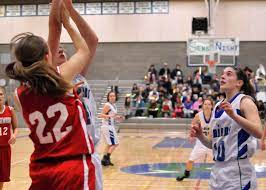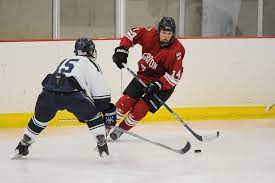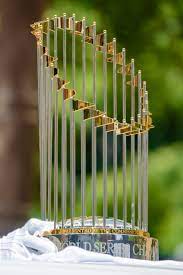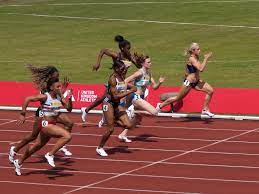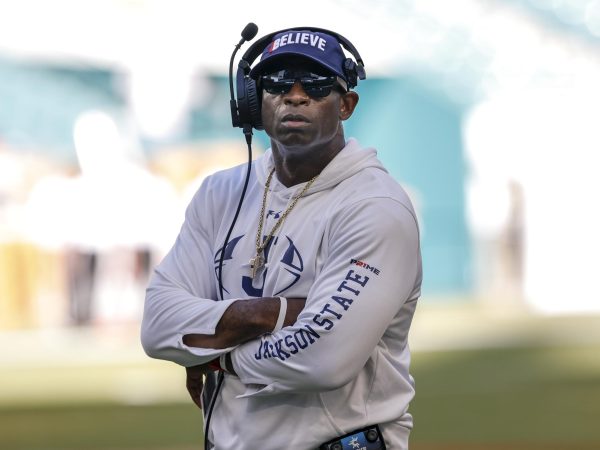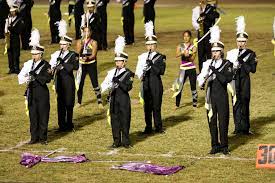Limiting Seniors to Varsity Teams: Pros and Cons
Photo by Audrey Gavagan. 21 January 2022. This photo shows the varsity jacket of a Mendham fencer. Letterman jackets are important mementos to many seniors that want to commemorate their time on their school’s varsity team. When someone wears their varsity jacket, they are representing the Mendham athletic program.
March 22, 2022
At Mendham High School, school policy requires seniors in the athletic programs to play at the varsity level. This argument can be controversial among students, and create tension between upper and underclassmen.
Pros
Mr. Panfile, the athletic director at Mendham High School, says that the purpose of junior varsity sports is to allow players to learn and develop as athletes. He says that seniors are typically more developed athletes than underclassmen. Having seniors on junior varsity could deny a younger player the opportunity to grow into a varsity-level athlete. Seniors, who have been playing their sport for many years, could make junior varsity too aggressive or competitive for underclassman players. Additionally during games, having seniors on junior varsity would mean more competition for playing time, overall resulting in less playing time for the younger, less experienced athletes.
In addition to this, many seniors are very experienced athletes who have been playing their sport, all through high school or beyond. The guarantee of a spot on varsity in their final year can act as one of the factors that encourages them to stick with the sport throughout high school and allow the athletic programs to thrive. Although it’s not particularly common, seniors can be cut from athletic teams in specific circumstances. This means that the fear that a completely inexperienced senior would automatically end up on varsity is typically not going to happen under this policy.
Cons
The school-mandated restrictions keeping seniors from playing JV sports are unpopular among some Mendham High underclassman athletes. Gabby Petrucci, a sophomore that plays for Mendham’s junior varsity volleyball team, argues that it hurts her chances of making varsity next year saying, “…if I have been working hard and I think I deserve a spot on varsity,…it’s not fair to me that I have to do JV another year.” If necessary cuts aren’t made, seniors often hold the spots on varsity that could go to an underclassman that is both capable and prepared to play up.
Another argument commonly made is that some seniors do not plan to play in college. They play school sports for a positive experience, rather than the highly competitive atmosphere, like that on varsity teams. Emma Stark, a junior on JV volleyball mentions that “If seniors were allowed on JV they would get more playing time.” Players that are less serious about their sport may prefer to be a prominent JV player than a varsity bench warmer.
With the assurance of making a varsity team next year and the limited fear of being cut from the program as a whole, juniors at the JV level, “may not try as hard,” as Gabby worded it. They do not always worry about proving themselves for senior year, while freshmen and sophomores that aspire to make varsity feel as though they’ve forfeited their spots to players that have a much lower commitment level.
The idea that varsity spots are earned, rather than given, is an important lesson for any high school athlete. This policy compromises an aspect of that message, implying that all seniors are worthy of a place on varsity, regardless of attitude or overall skill.

